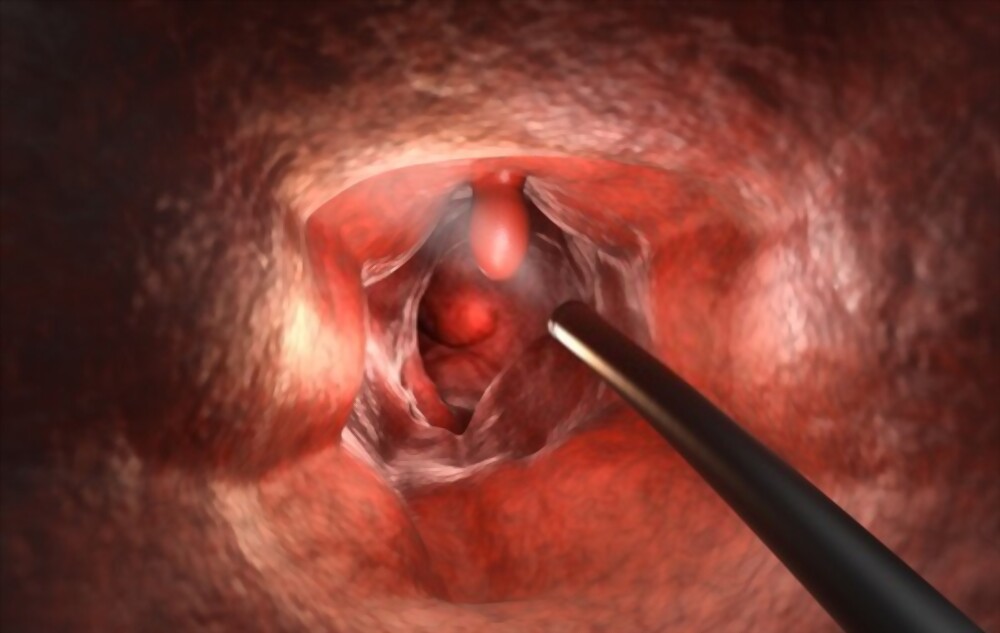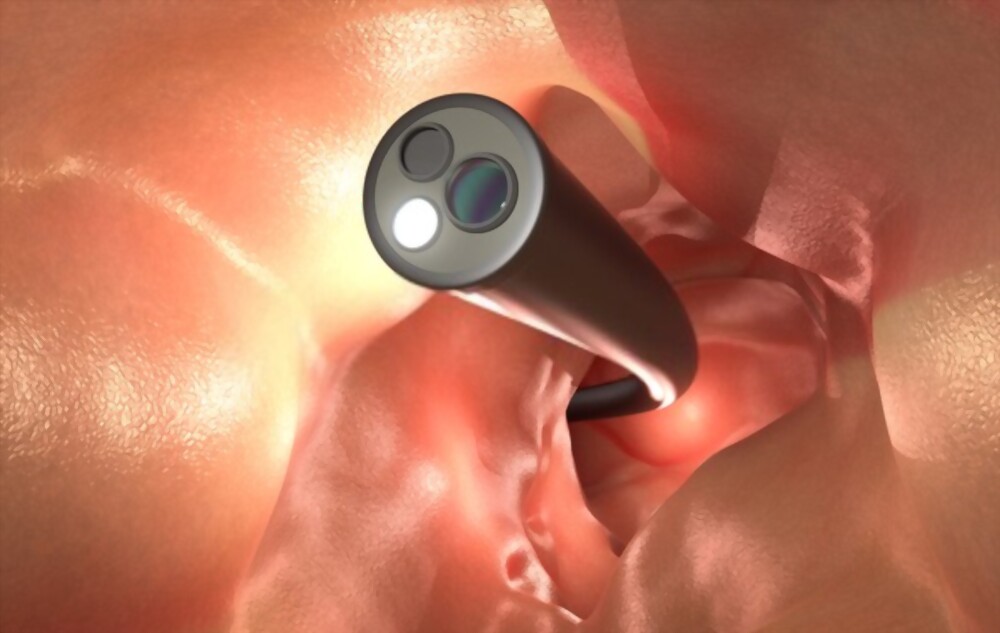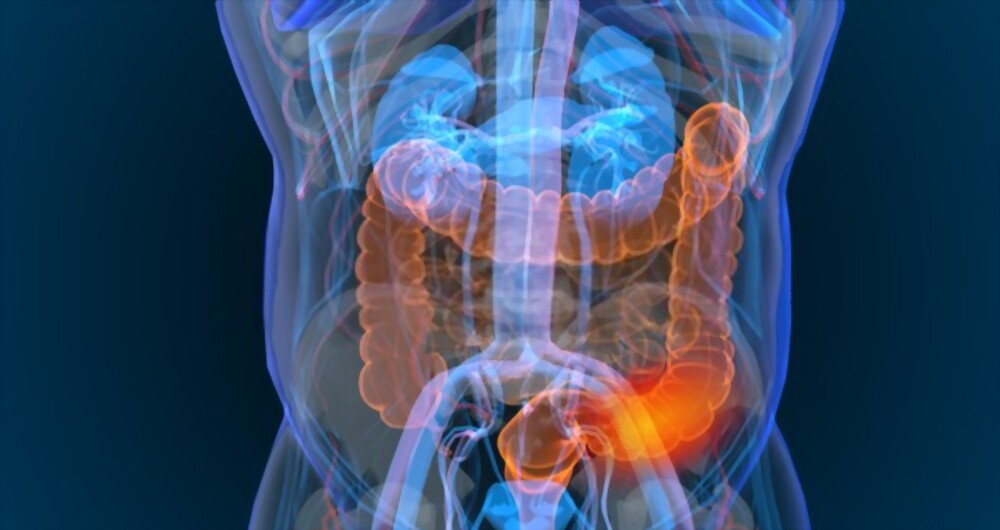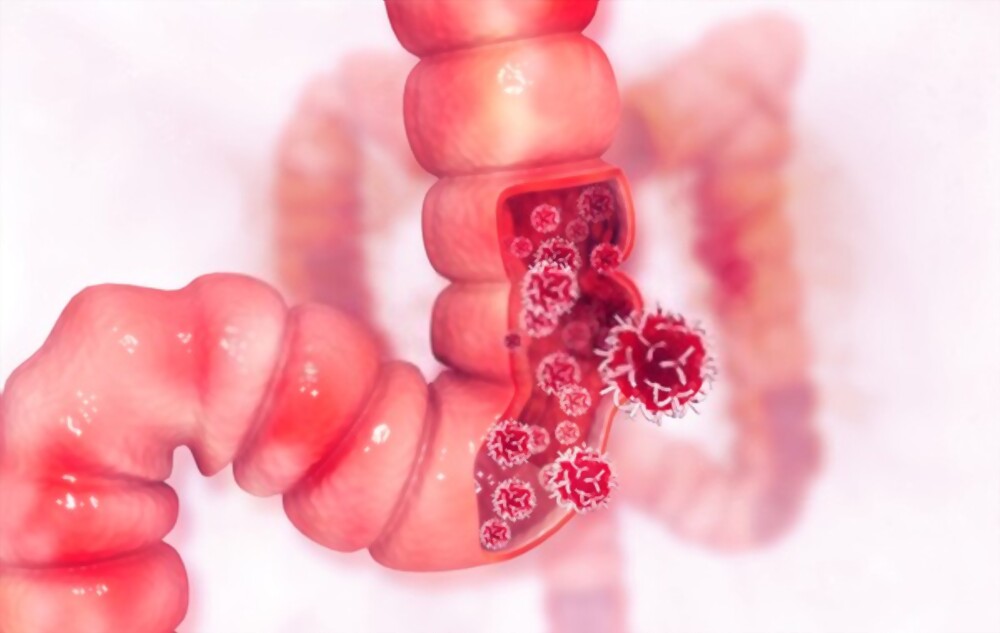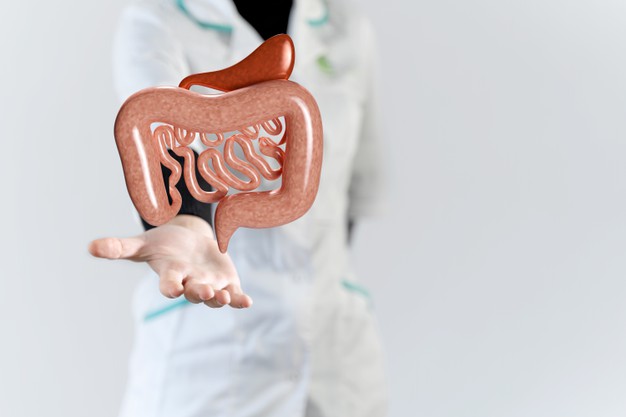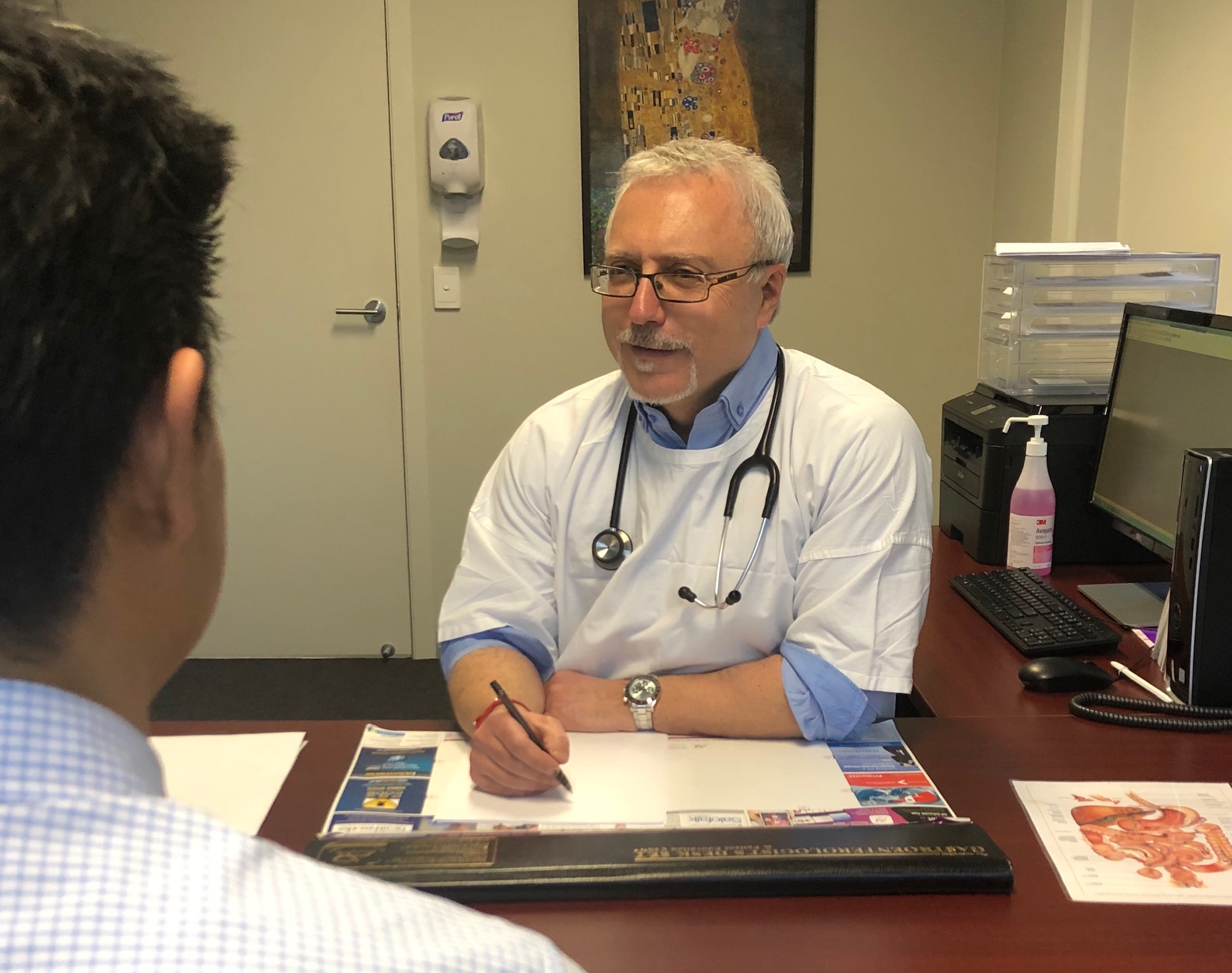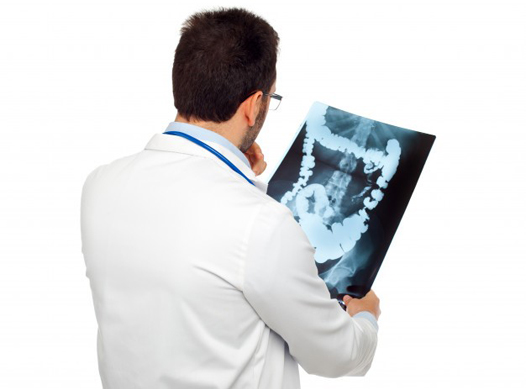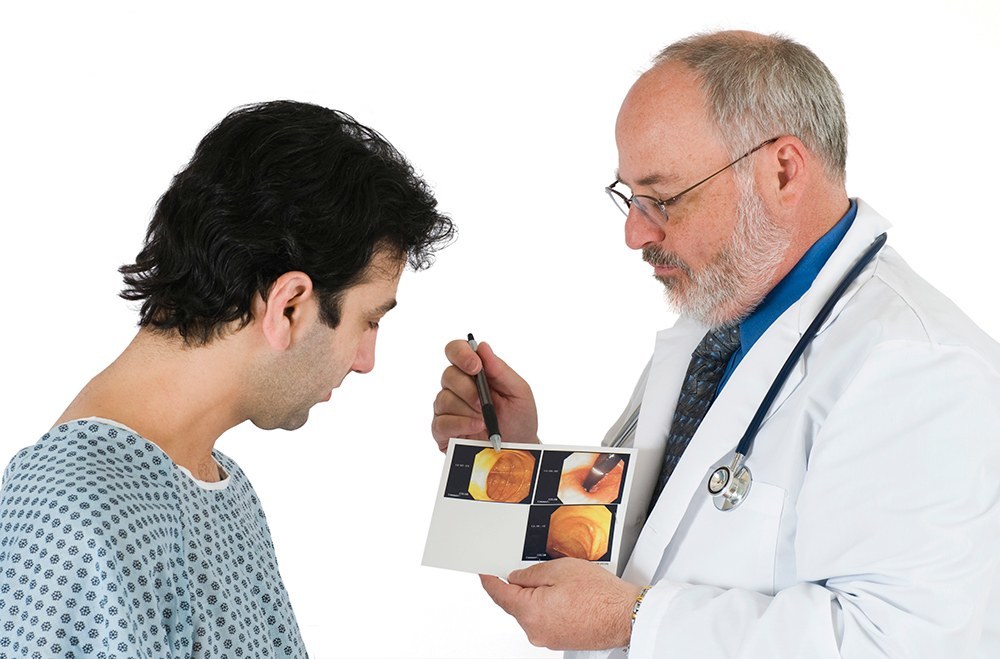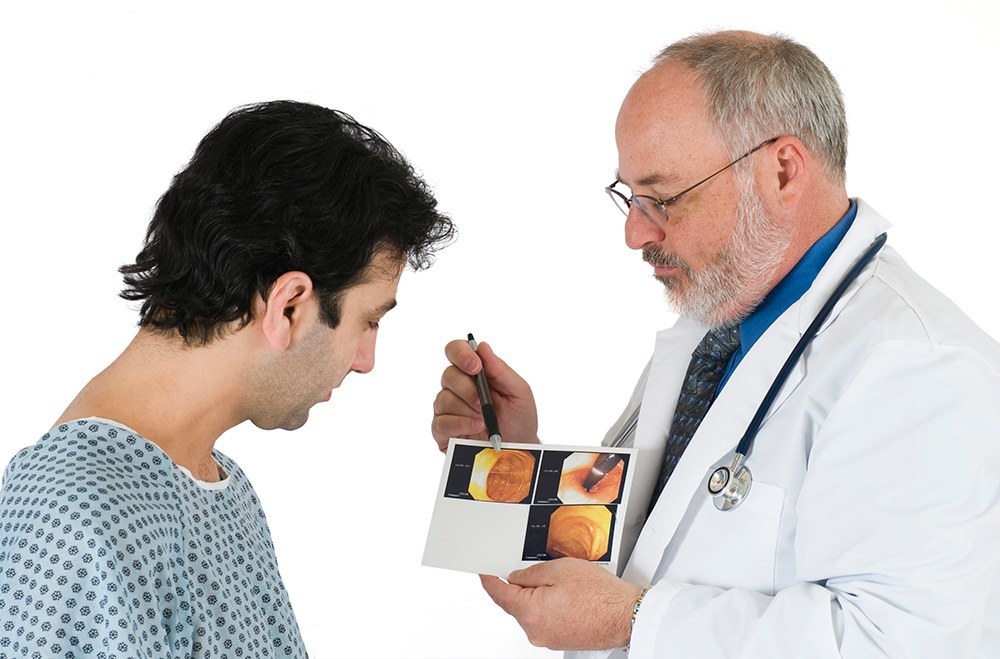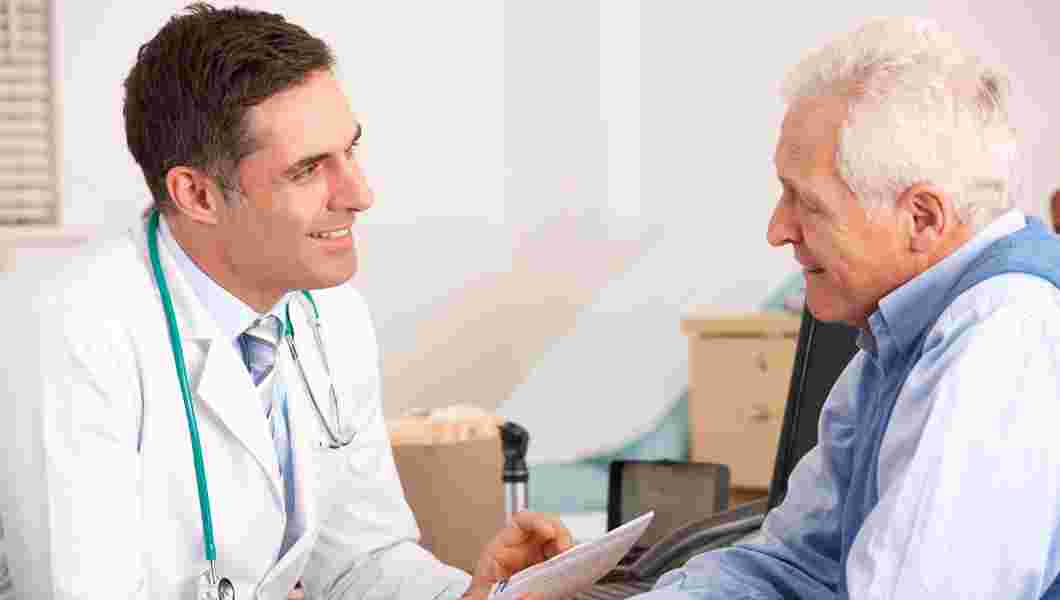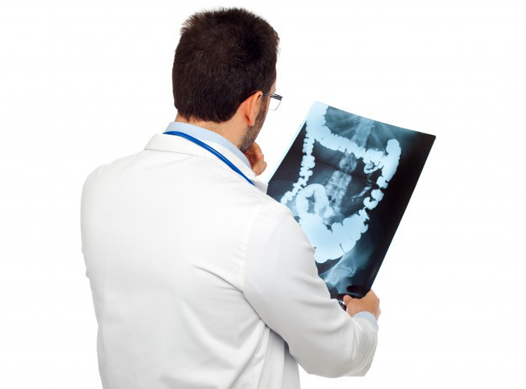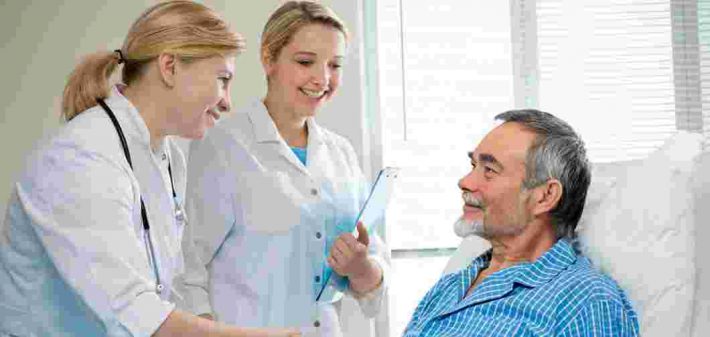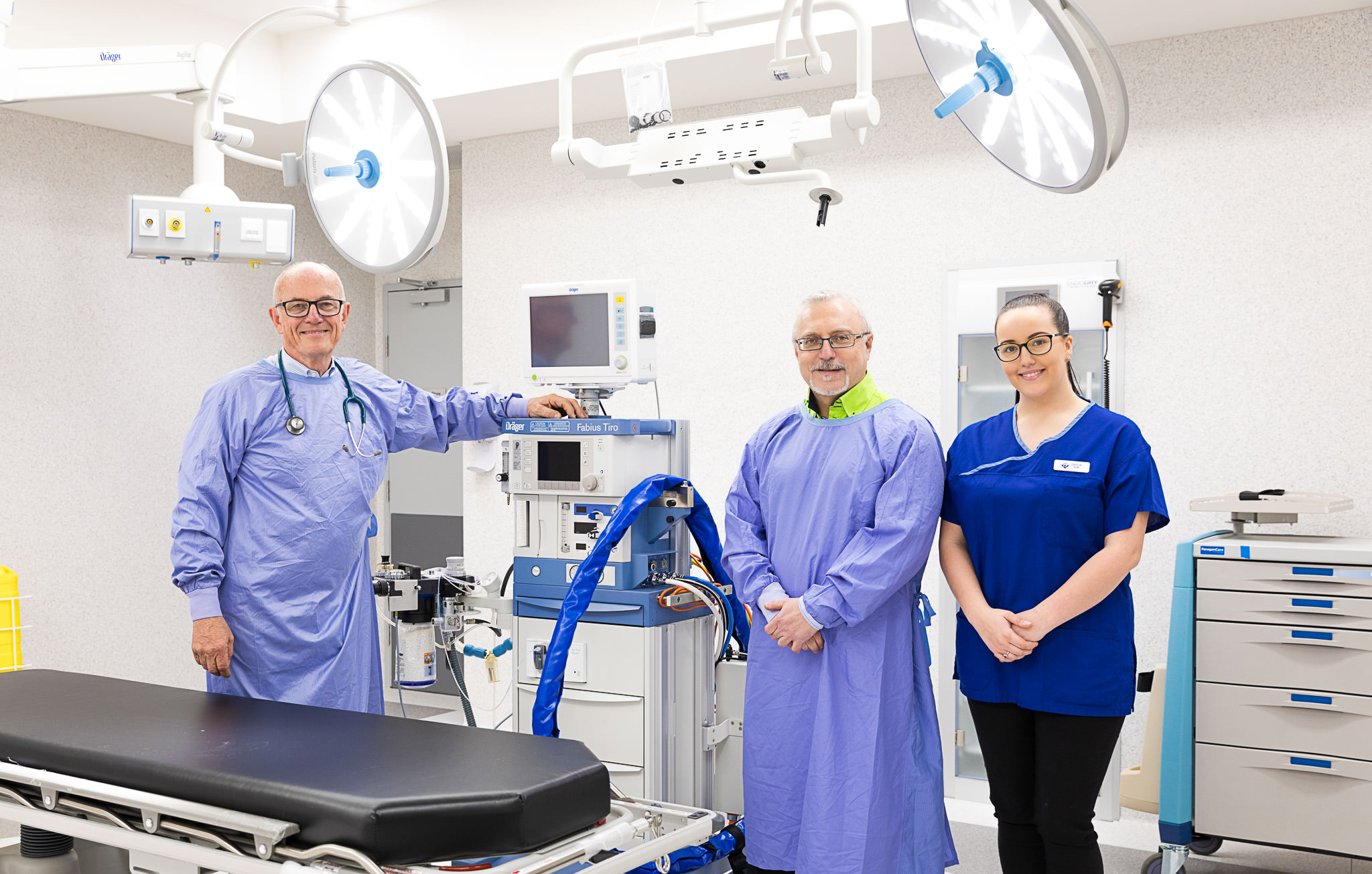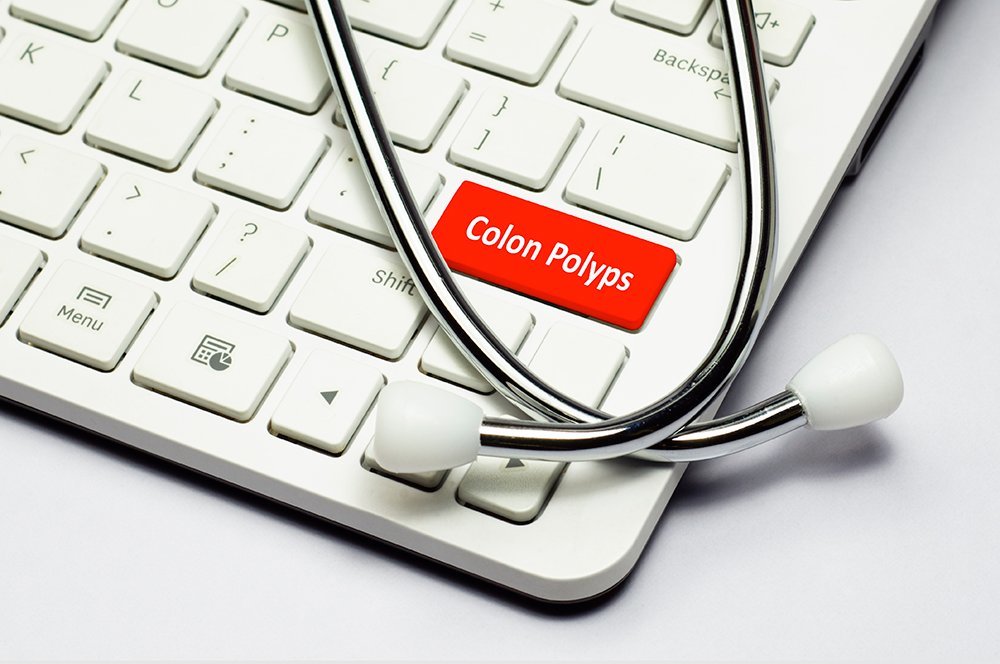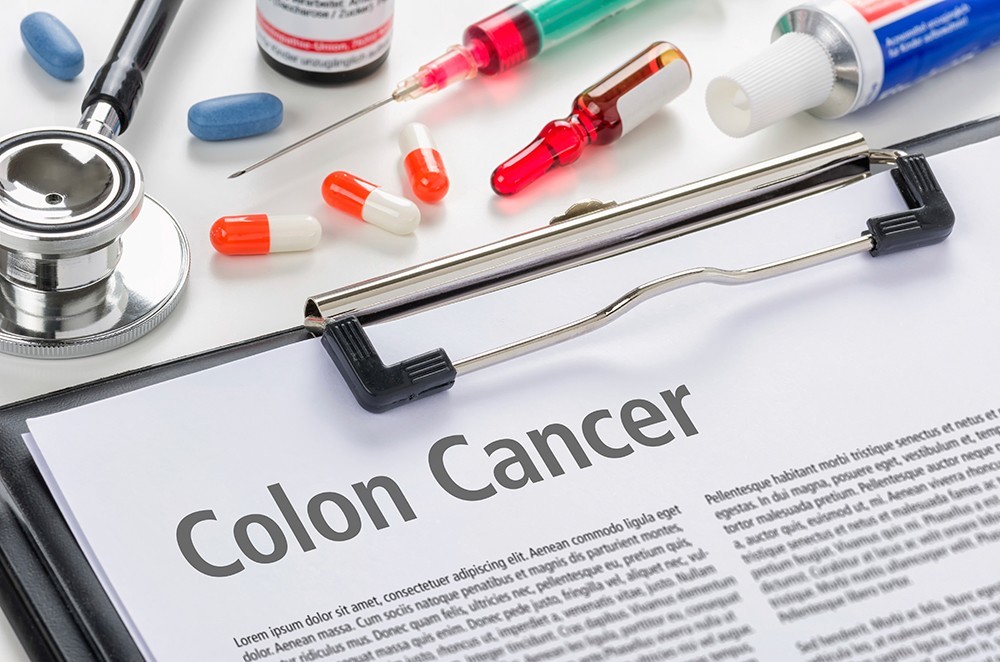Bowel cancer is the third most common cancer in Australia and the second most common cause of cancer death. It is a cancer that can affect anyone, regardless of age,
Our Blog
If you are concerned about changes in your bowel habits, abdominal pain or rectal bleeding and feel you have symptoms of colorectal cancer, you should consult your Melbourne doctor (general
So your doctor wants you to have a colonoscopy? Ok, you probably either know what a screening colonoscopy is or you’ve heard stories about the procedure and the prep. But
If 35-year-old Emily Tindal had been eligible for Australia’s free bowel cancer screening test kit (FOBT), chances are she might have used it and would not be battling the bowel
Colon cancer (also referred to as colorectal cancer or bowel cancer) is the third most common cancer worldwide and is characterised by the presence of cancerous tumours in the colon
If you want your colonoscopy performed in a day hospital by a team of gastroenterology specialists with 20 years of experience in the diagnosis and treatment of digestive conditions then
Bowel cancer develops in the small and large bowel of the digestive system in your body. The risk of bowel cancer development is most common in the LARGE BOWEL –
If you’re worried about bowel or colorectal cancer you should see your general practitioner (GP) for advice and health care. If he or she believes it’s warranted, your doctor may
If your doctor has referred you for a medical test to find out what is going on inside your body, there are things to know and information about endoscopy procedures
If your General Practitioner (GP or Family Doctor) has referred you to a gastroenterologist you can go with the one the doctor suggests or choose the one who might suit
Cancer has the potential of being one of the most preventable cancers if detected early through screening, according to Cancer Australia(1). Early-stage detection to improve cancer patients’ chances of survival was highlighted on this year’s World Cancer Day 2019 with the ‘I Am and I Will’ theme.
It’s funny how people have no qualms about spreading horse, cow, or sheep poop all over their vegetable gardens, yet talking about human poop gets an instant ‘yukky’ response.
Even the Queen of England poops! So now you know. Another thing you should be aware of is that most people think bowel cancer only happens to older people, and only older people die from it.
Health worker Elise Nichols’ life changed in September last year when her doctor left a message on her phone asking her to go to his surgery that day.
Two new global studies show the incidences of bowel cancer are increasing in those under age 50, causing health experts to call for younger people in Australia to be screened for the disease.
With new statistics revealing long waiting lists across the country, including Melbourne, are continuing to grow, Bowel Cancer Australia is calling on the Federal and State Governments to increase funding for more colonoscopies.
While Australian guidelines suggest bowel cancer screening should start at age 50, in the United States, the American Cancer Society (ACS) has changed their guidelines for those at average risk to age 45 for bowel cancer testing to begin.
James Omond knows the thought of bowel cancer screening might be scary and sound rather distasteful, but he thanks his eventual decision to have a colonoscopy for saving his life.
A gastroenterologist from NSW believes ‘risky’ polyps in the colon that is related to what causes bowel cancer or bowel problems could be more common than experts think.
A recent survey carried out in NSW by the Cancer Institute showed that a massive 40 percent of participants were “too busy” to do the simple home screening bowel cancer test that is mailed to them, a potentially life saving test which is not exactly a fun thing to do, but is nevertheless over with in a few minutes, and simply mailed back.
The extreme shock of hearing of a positive test result for bowel cancer following a colonoscopy forexample, would be lessened perhaps if learning it had been caught in the early stages.
An art exhibit from Tasmania’s Museum of Old and New Art (MONA) was recently used to spread awareness about bowel cancer. As well as to spread awareness about screening tests for bowel cancer.
It’s been found that bowel cancer can develop without the presence of obvious known symptoms. Therefore if you’re someone at risk of developing the disease, it’s essential that you undergo bowel cancer screening.
Recent research has shown that rates of bowel cancer is increasing amongst young and middle aged people.
Recent studies have shown that bowel cancer rates are increasing in Australia. In fact, people born in the 1990’s have twice the risk of being diagnosed with bowel cancer, and four times the risk of getting rectal cancer compared with those born in the 1950’s had at the same age.
A new study published in the International Journal of Epidemiology has been brought into the spotlight by Cancer Council Victoria shows that prolonged sitting at work increases your risk of bowel cancer by 44%.
At the age of 35 years Scott went for what he thought would be a routine GP visit. He noticed a very recently a change in bowel habit and some unusual bleeding. Scott wasn’t alarmed but his GP was concerned enough to refer him for a colonoscopy.
When you think about it, there are many advantages to ageing - you’re more confident, you have a good idea of who you are and you have a sense of accomplishment after a full working life.
Bowel cancer or colorectal cancer (CRC) screening is the process of detecting early-stage CRCs and precancerous lesions in asymptomatic people with no prior history of cancer or lesions.
Helicobacter pylori (H. pylori) lives in around 50 per cent of humans. The bacteria is classified as a class 1 carcinogen in Australia, meaning it has been proven to cause cancer.
Bowel Cancer is the second biggest cancer killer in Victoria. This highlights the importance of having regular medical checkups if you believe yourself to be at risk.
Bowel cancer is often a difficult disease to diagnose because of the intricate nature of the bowel and colon. In this article you’ll learn about common bowel screening procedures that could save your life.
There are many signs and symptoms of bowel cancer. Bowel cancer occurs when abnormal cells in the wall of the large bowel grow in an uncontrolled way.
Last month we discussed various factors that increase or decrease your chances of developing bowel cancer. It is incredibly important to regularly check in with your doctor, especially if you notice any lingering digestion or bowel problems.
To best understand which lifestyle changes are going to work for you in taking preventative measures against Bowel Cancer, we need to first understand what causes Bowel Cancer, who’s at risk and what bowel cancer prevention really means.
Early in our blog we looked at a number of different aspects of Bowel Cancer; with a healthy appreciation for the alarming rates of Australian’s suffering from this disease, we think its high-time we rolled these out again for a fresh look! Not only is it one of the leading types of cancer across the world.
Did you know that only one-third of adults can digest milk? Our ability to digest lactose (the main sugar found in milk) is reliant on our body’s production of an enzyme called lactase.
Did you know that up to 70% of people who have Irritable Bowel Syndrome may also have fructose intolerance, while approximately 30% of healthy adults show poor absorption of fructose doses below 50g?
A colonoscopy is a simple procedure which involves an examination of the lower part of the gastrointestinal tract (colon, or, large intestine/bowel). An entirely safe procedure, colonoscopies often provide information that other tests do not.
A gastroscopy is a simple yet effective procedure which allows a clear view of the lining of the oesophagus (gullet), the stomach and the first part of the intestine.
As Bowel Cancer Australia’s annual initiative to raise public awareness, this month (June 1 – 30) is Bowel Cancer Awareness Month!
As Bowel Cancer Australia’s annual initiative to raise public awareness, this month (June 1 – 30) is Bowel Cancer Awareness Month! Packed with loads of information and opportunities to get involved, visiting the following websites is a must!
Gastrointestinal disorders such as Fructose and Lactose intolerances are in fact more common than you might think, which is why testing, diagnosing and treating these ailments is also much easier than you might think.
Gastroscopy/Endoscopy - A simple and effective means to assess symptoms such as upper abdominal pain, nausea and vomiting, reflux, difficulty swallowing or weight loss, by inserting a small camera through the mouth to get a clear view of the oesophagus, stomach and small intestine.
Before we get started on some of the options regarding testing for bowel cancer, it’s important to identify risk factors in order to help raise awareness – there are ways to prevent bowel cancer and if detected early enough 90 percent of bowel cancers can be cured!
Although we can’t control all aspects of what contributes to the development of bowel cancer, we can take several steps to reduce the risks!
Regular bowel cancer screening increases the likelihood of finding bowel cancer in its early stages, which in turn increases the chances of successful treatment and improved survival.
It’s very important to understand that just because you’ve presented with possible bowel cancer symptoms, doesn’t mean you have it.
Bowel cancer is a concerning prospect for any person, and is one of the leading types of cancer across the world. One in 12 people will develop bowel cancer during their lifetime in Australia.


